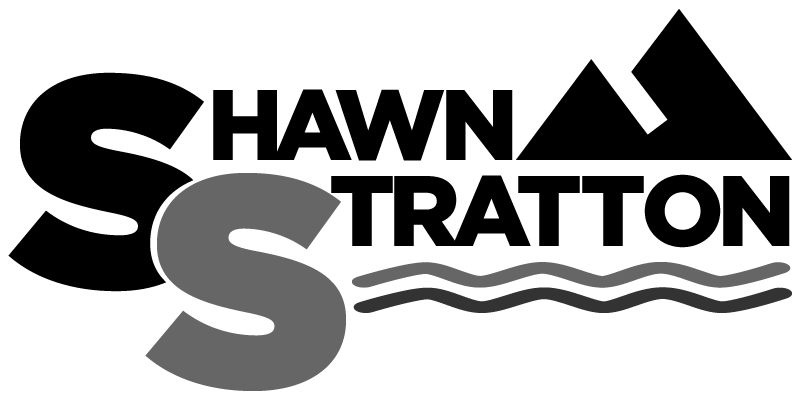





5 Ways to Change Organizations from the Middle
I was recently speaking with a participant at a conference I was presenting at and he was telling me about the loss of productivity because of their use of an older, slow piece of software. Many times, when people are underperforming, it is because of the...

Near Miss or Good Catch – There’s A Lot to Learn!
Last week, I presented at a project management conference on leading a safety culture, a culture where near misses are seen as a significant learning opportunity and not as potential disasters that are swept under the rug for fear of reprisal or job loss. A near...

Hardworking vs. Smart – Developing Locus of Control from an Early Age
Part 2 Most of my life, people have told me I was hardworking, especially my schoolteachers. It always felt a bit odd because I didn’t necessarily feel like I was working harder than anyone else. Perhaps they would say it because I didn’t do particularly well with...
Shawn Stratton, Leadership Motivational Speaker and Consultant
“His use of story telling, humor and photography delivered a powerful message on the importance of finding our true passion as an indicator of success. ” -Ian Shortall read more


